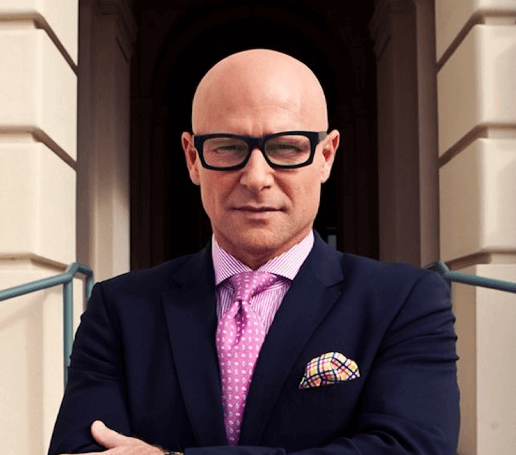California’s domestic violence laws apply to all crimes that are committed against one’s child, one’s parent or one’s intimate partner. Intimate partners are people who are or were involved romantically and include spouses, former spouses, significant others, former significant others, people who live together or who used to live together and people who have children together. Although many different crimes can be charged as crimes of domestic violence, domestic violence will usually involve some type of emotional abuse.
Emotional abuse, also commonly referred to as psychological or verbal abuse, is a type of domestic abuse that, studies suggest, is even more harmful than physical abuse. It is thought to be widely underreported, because it is difficult to identify and/or prove, and because it is usually intertwined with other types of abuse.
Emotional abuse is perhaps so damaging because it can ultimately make a victim completely lose his or her self-esteem and believe that he or she is stupid, worthless and deserves the abuse. It takes place when an individual intimidates, threatens and/or harasses his or her intimate partner or other family member in an effort to gain control over that person. Some common forms of psychological abuse include shaming, mocking or criticizing another person, isolating that person from other people, destroying another’s personal property or pets in an effort to invoke fear in that person, blaming another for one’s own violent actions and issuing “blackmail-type threats” where an individual threatens to harm or kill him or herself, the intimate partner or their child/children. When a victim reacts to this type of verbal abuse, often with tears or apologies, the perpetrator will often further mock or ridicule the partner or other family member, which sends more messages to the victim that he or she is, in fact, useless.
As difficult as it may be to understand, many victims of emotional intimate partner abuse do not leave their partners. They have been conditioned to believe that they are in a hopeless situation, not worthy of another’s love and perhaps “too stupid” to make it on their own. The abuser makes his or her partner feel like that partner needs the abuser to survive and, in the honeymoon phase (one of the phases in the cycle of abuse), the perpetrator makes his or her partner believe that he or she is the one who can’t live without the abused partner. An emotional abuse victim who doesn’t leave his or her abuser may also suffer from a psychological condition known as “battered person’s syndrome” which serves as an explanation for why he or she suffers and doesn’t flee a destructive relationship. While battered person’s syndrome and the cycle of abuse primarily pertain to intimate partner relationships, emotional abuse will be defined as child abuse when directed at one’s child and can also be a type of elder abuse as well.
People who are repeatedly exposed to emotional abuse, regardless of whether they are adults or children will exhibit certain common symptoms or behaviors as a result. Emotional domestic abuse victims will usually suffer from extremely low self-esteem, may have difficulty trusting others or forming relationships with others, are fearful, anxious and depressed and may develop serious health problems. Children who are the victims of their parent’s emotional abuse will suffer from the above listed symptoms and will likely suffer a host of additional emotional, behavioral, developmental and academic problems. Studies reveal that emotionally abused children often either attempt suicide or commit suicide due to their feelings of worthlessness.
If any of this information sounds familiar, help is available. The experienced domestic violence attorneys at The Kavinoky Law Firm can counsel a victim of emotional abuse as to what his or her legal options are and will help an individual charged with an intimate partner abuse crime by providing the most comprehensive defense possible. Contact the criminal defense lawyers at The Kavinoky Firm today for a consultation.



